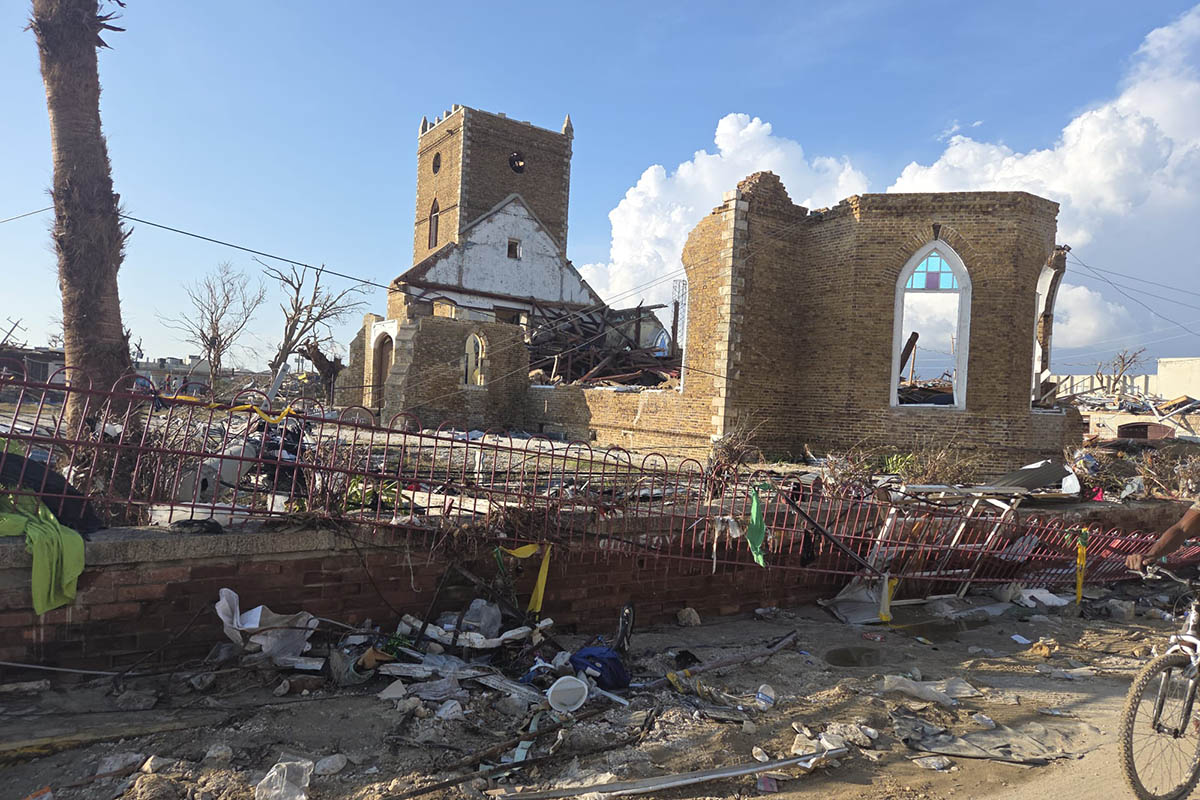“Breaking free from fossil fuels”
May 11 The debate about climate change is over, writes Oghenekevwe Oghenechovwen, 17, a Correspondent from Warri in Nigeria, who challenges Nigeria to break its dependency on oil and take the lead in renewable energy.
The debate about climate change is over, writes Oghenekevwe Oghenechovwen, 17, a Correspondent from Warri in Nigeria, who challenges Nigeria to break its dependency on oil and take the lead in renewable energy.
“The argument is over. Anyone that doesn’t believe that climate change is happening doesn’t believe in science.” – Leonardo DiCaprio (Actor, Activist, U.N. Messenger of Peace)
Global warming, a cause of climate change, is one of the most important issues literally facing all of humanity today. Many environmentalists and climate scientists are of the opinion that the rise and proliferation of large scale industries in first world countries blew up the issue of global warming. Today, the significant effects of this industrialisation on climate systems and patterns have swayed more towards less developed countries: changing weather patterns, rising sea level, more extreme weather events, and disruption of national economies and lives!
Nigeria comes into this global problem at this point – a truth that can not be disputed. Hence, there is a dire need for the republic of Nigeria to take sustainable actions and to move to a low carbon economy, amongst other things.
Nigerian society has been in an age-long, paradoxical relationship with fossil fuels: energy is benefited while the ecosystem is damaged. Still, they remain best friends. Fossil fuels are non-renewable energy sources occurring in three major forms; coal, oil or petroleum, and natural gas. On the history of energy sources in Nigeria, Olayinka explains:
“Imported coal was first used in 1896, but it was not discovered in Nigeria until 1909 and was first produced in 1916. Although oil exploration started in 1901, it was first discovered in commercial quantity in 1956 and produced in 1958. Oil thereafter took over the energy scene from coal until 1969, when hydro energy was first produced.”1
It would not be right if I completely paint Nigeria in a bad light regarding environmental sustainability, or if I do not speak of credible analysis and reports – especially recent ones. Interestingly, 16 per cent of the total energy in Nigeria comes from fossil fuel, and another one per cent is generated from hydro power. The rest comes from waste and biomass.2 This is a good indicator: It shows that dependency on fossil fuels has reduced – a step in the process of finally breaking free from them.
But the utilization of alternative and most importantly, renewable energy sources, is still deficient. As Oliver Twist asks for more, I am asking that more be done, that the Nigerian energy sector completely break free from fossil fuels, and prioritise solar and hydro energy generation. This would be a leapfrog to a cleaner, more resilient economy. I do this with the planet and people in mind.
Some individuals state that since fossils fuels are easily available and easily sourced, the nation should continue harnessing energy from them. I do not stand with this opinion. They must be reminded of the exponential increase in population, and consequently the consumption of of energy. The stock of fossil fuels has become limited, fast approaching its end.
Others might raise issues of low cost and simplicity of harnessing energy from these fuels. To this I ask, “Considering the serious health hazards and risk of air pollution – both short and long term – associated with the combustion of fossil fuels, would it be humane and just to put financial cost implications before life?”
Taking sustainable steps can start today. The US solar industry now employs three times more workers than coal mining or oil extraction.3 Wow! Job creation is also a pro of renewable energy generation. The federal budget should support renewable energy instead of subsidising the oil industry. Nigeria can completely break free from fossil fuels!
Sources:
- Olayinka I. Ogunsola, ‘History of Energy Sources and Their-Utilization in Nigeria’, Vol.12, Iss. 2: ‘Energy Sources’ (1990, 2007) p. 181.
- “Nigeria: Overview”. U.S. Energy Information Administration. Retrieved 8 April 2016
- Climate Council
photo credit: oil via photopin (license)
…………………………………………………………………………………………………………………
About me: A B.Tech. student of Meteorology and Climate science (FUTA), I am an idealist, observer, a leader, creative writer and ready volunteer.
I am interested in volunteering, youth and education, leadership, women empowerment, climate change, politics, media and information technology.
My ambition is to make change and cause global reformation with my pen, resources and time.
…………………………………………………………………………………………………………………
Opinions expressed in this article are those of the author and do not necessarily represent the views of the Commonwealth Youth Programme. Articles are published in a spirit of dialogue, respect and understanding. If you disagree, why not submit a response?
To learn more about becoming a Commonwealth Correspondent please visit: http://www.yourcommonwealth.org/submit-articles/
…………………………………………………………………………………………………………………




